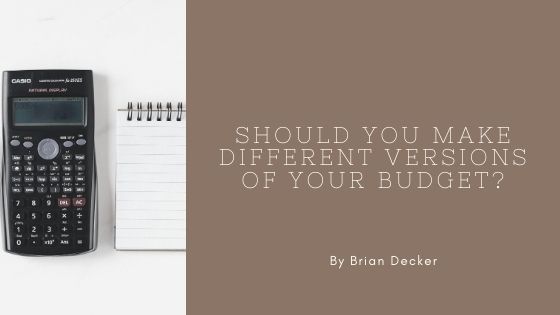Budgeting is the cornerstone of financial management. By drawing up a budget and sticking to it, you create a plan to reach financial goals and keep from falling into debt. But unexpected income or unexpected expenses can crop up. The same budget that works for you one month might not accurately reflect your costs the following month. So what can you do?
You can create several different budgets and decide which to use based on your financial situation during that particular month. Experts recommend having three main budgets: one for times of economic growth, one for times of penny-pinching hardship, and one for relatively stable and average needs.
Your lean budget is designed for when you don’t have much disposable income to spare. This is the budget you should use to cover your barest costs without any other frivolous expenses. The lean budget includes everything necessary for survival and no more.
This is the budget you draw up when you want to see the absolute minimum income you need to survive every month. Instead of focusing on outings or investments, this budget should be all about covering childcare, housing, utilities, clothing, transportation, food, and medication.
Moderate budgets are the budgets that you use in a normal circumstance. In addition to covering your bills, it should include voluntary expenses like eating out or purchasing entertainment.
Fun money isn’t the only added aspect of this budget. It should also take into account savings goals and debt repayment. Some budgets may be structured using percentages, while others might use a zero-based method to account for every specific dollar.
Your fat budget is for the times when money abounds. Maybe you’ve just gotten a bonus at work, been given a promotion, or received an inheritance. Whenever you have more income than you’re used to, the fat budget helps you to manage it responsibly instead of blowing it all at once.
One of the key aspects of a fat budget is that it should include investments. By using some of the surplus cash to pay your 401(k) or pay back your debt, you can push yourself closer to your overall financial wellness goals.
Even though you should use excess income wisely, you can still add certain splurges to a fat budget.

